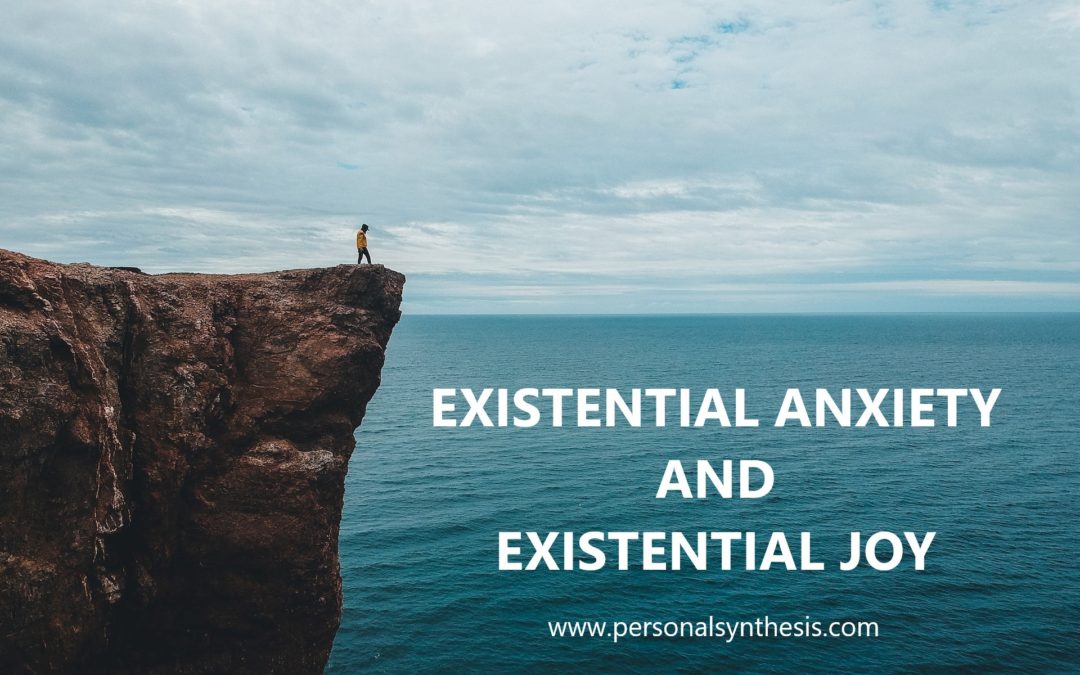
You may have heard of existential anxiety – since a famous Danish philosopher Søren Kierkegaard kind of invented it, many others talked about this malaise, and for a good reason. It may help you understand why you sometimes have that funny feeling in your tummy that may grow so much that it is not funny anymore. However, a certain ambiguity still surrounds the term, so let’s start by shedding some light on what it really means.
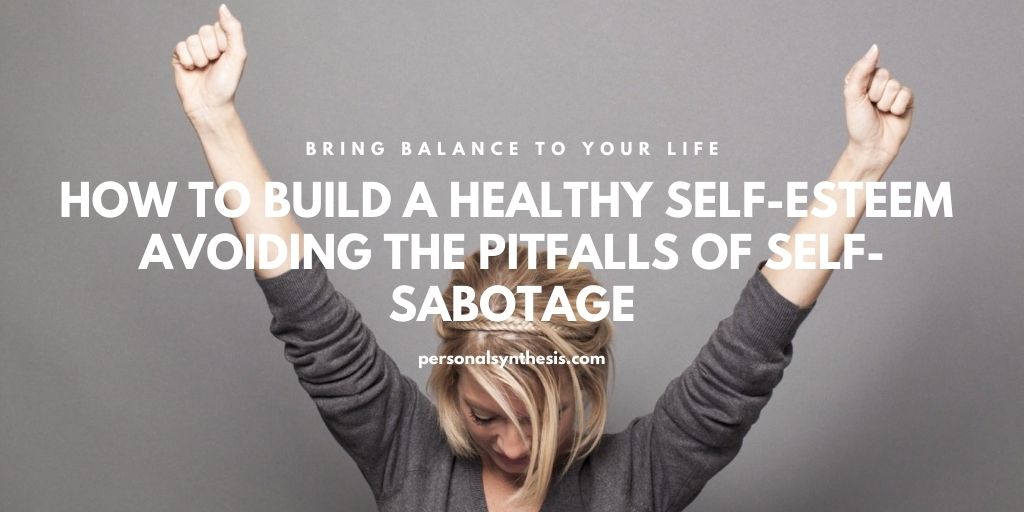
Nobody likes to feel like a failure. Like you’re nothing but a loser in this strange game of life. We all want to feel good about ourselves at the end of the day, like we are deserving of affection and the good things in life. Unfortunately, in today’s culture, so many of us have fallen victim to an ego-boosting addiction, constantly seeking confirmation of our value from the outside world. Social media has played a huge role in this.
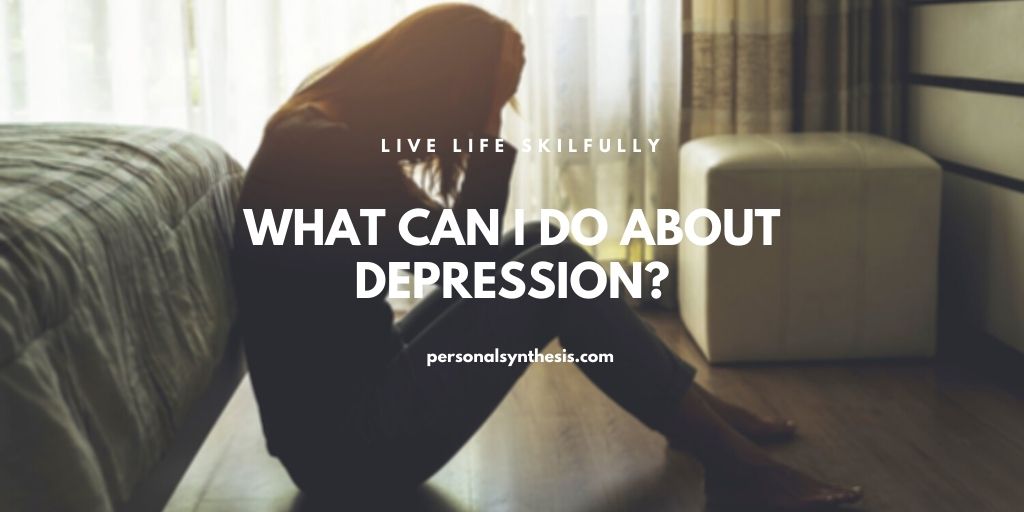
I think most of us think about depression from time to time, so I’d like you to share your thoughts about this topic with me. Let’s start with clarifying the terminology: a lot of people face some kind of depressive mood from time to time. Is there a serious difference between “feeling depressive” (now or today or this afternoon) and “have depression“?
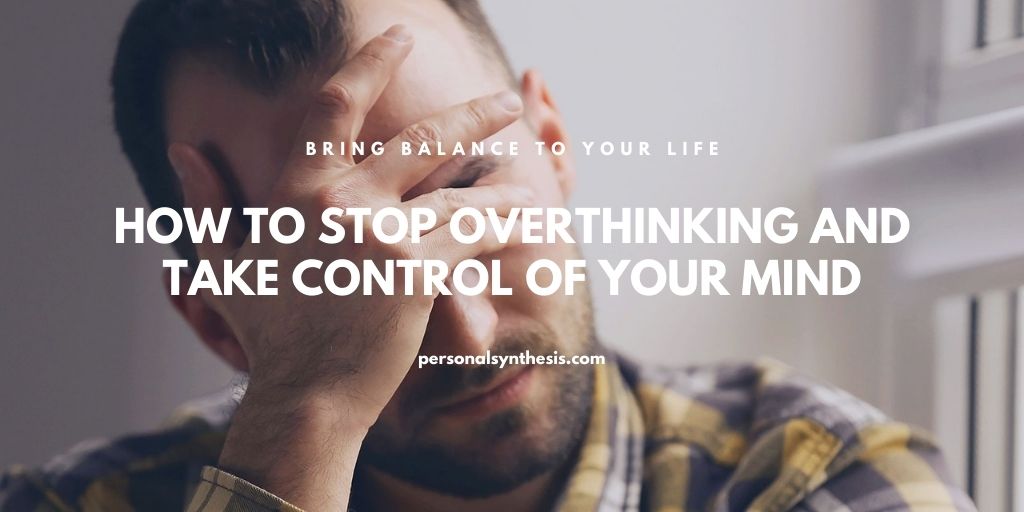
Overthinking important decisions or situations is something we all do from time to time, but for some of us it can go to such extremes that it can really start to mess our life up.
It can keep us up at night for hours, playing reruns of the same film over and over again in our mind, or visualizing the worst possible scenarios of things soon to come. The tendency to overthink everything can even lead us down a treacherous path of anxiety and depression.
It’s like redlining a car’s engine with the parking brake pulled while the front wheels just spin in place. You burn out with a lot of smoke, but it gets you nowhere.
Overthinking is essentially being trapped in our own heads, overanalysing every little detail of a situation until we’re so far gone that we’re unable to take any action. When it gets really bad, it becomes what is called “paralysis by analysis”.
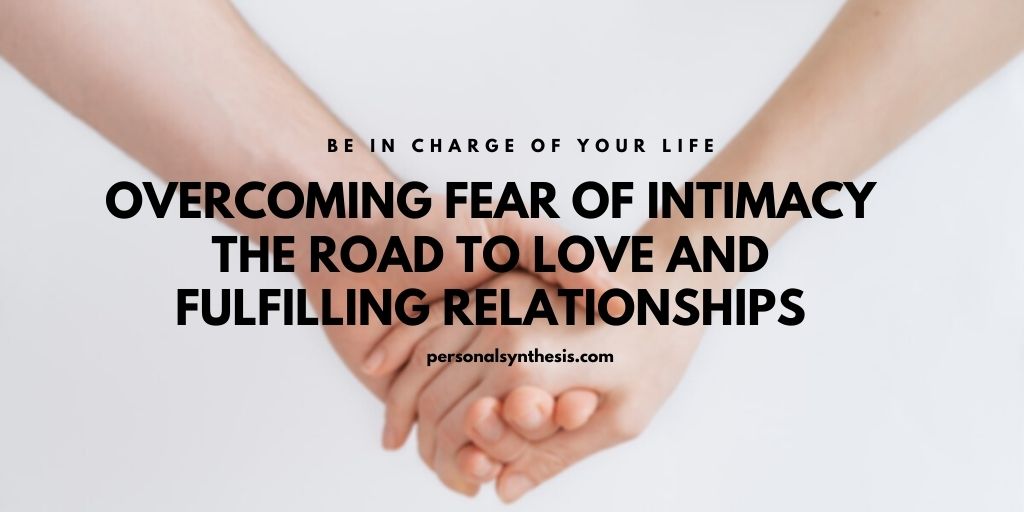
Many of us grew up on Disney movies and fairy tales and whether we realize it or not, they have greatly influenced our views on love at a very early and impressionable age. From Snow White and Cinderella to Beauty and the Beast, iconic fairy tales offer many subtle messages and lessons to be learned, but there is nearly always some type of love story at the heart of them.
Our young minds absorbed all the tales of princes and princesses until we internalized certain ideals of love and what our perfect relationship should look like, often believing that love always wins in the end no matter what. Then our teenage years and early adulthood came along and brought with them our first heartbreak, and everything we thought we knew about love came crashing down like a house of cards.
For most people, this is a learning experience we eventually get over and put behind us, but sometimes this can prove to be much more difficult. One heartbreak may be followed by another, until we begin to grow weary of love and start to develop a fear of intimacy. Perhaps you can identify with the above example, but childhood fairy tales are only the tip of the iceberg when it comes to how we develop our attitudes on love and intimacy as adults.
There are different reasons why people may struggle with intimacy in relationships, so let’s start from the beginning and take a look at what intimacy actually is.
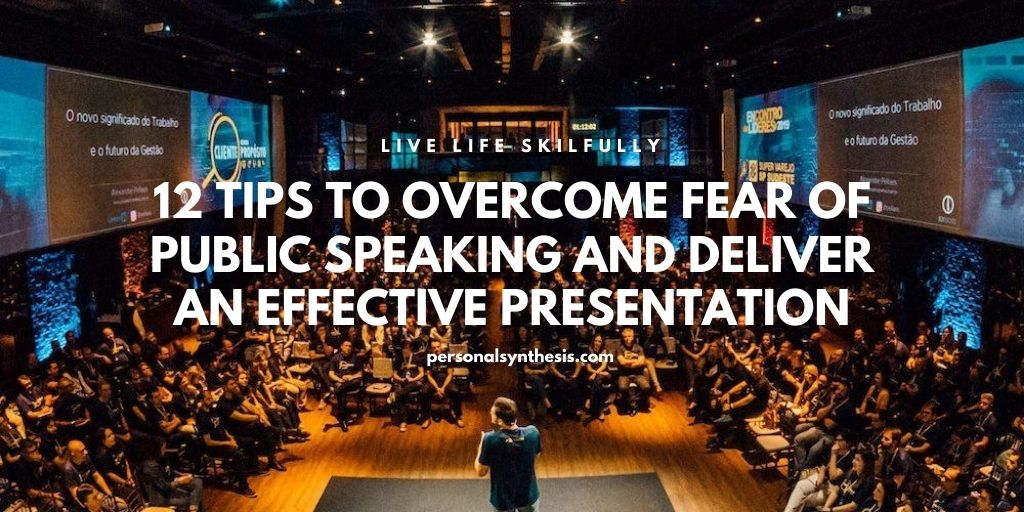
Fear of public speaking is quite common. It affects many people, not only lecturers and public figures. Fear of public speaking can range from minor discomfort to paralysing fear when we face a situation that requires us to speak or present an idea in front of an audience. The ability to deliver a strong presentation or an enticing pitch goes a long way, particularly in the business world, and sometimes the only thing standing between you and success is fear.
Luckily, there are a number of things we can do to bring our fear of public speaking under control and deliver an effective presentation, and by doing so move forward in our professional as well as personal life.







